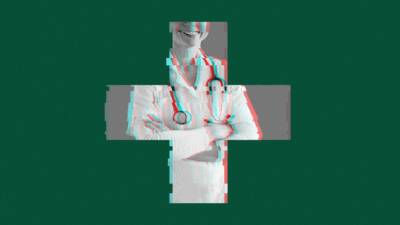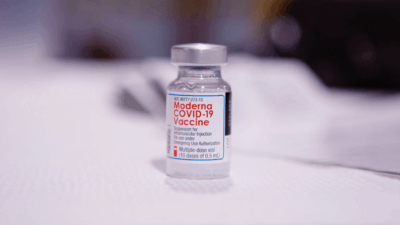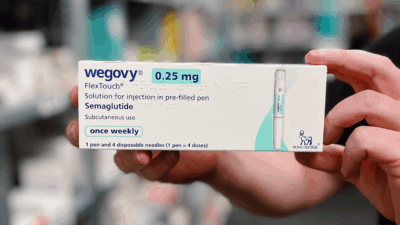
Sign up for smart news, insights, and analysis on the biggest financial stories of the day.
Work-from-home has not meant work less. Nearly 70% of professionals who transitioned to remote work during the pandemic said they now work on the weekends, and 45% said they work more hours during the week, according to staffing firm Robert Half.
This is why it was helpful that, on Tuesday, the world of science gave the world a very important reminder: go to bed. A new study shows sleeping less than six hours a night will massively increase your risk of developing dementia later on in life.
Data for Decades
European researchers assessed data from 8,000 adults over 25 years, which allowed them to link the data to dementia diagnoses.
- Even when controlling for cardiac, metabolic and mental-health conditions, the study found people in their fifties slept six hours or less a night were 22% more likely to develop dementia.
- People in their sixties were 37% more likely to develop the disorder if they were regularly sleeping too little.
The group was compared against people who slept for seven hours nightly. What made this study unique was not only the extent of the data the researchers had access to, but the amount of time that data covered.
“That gives us greater confidence that this study was looking purely at the relationship between dementia and sleep,” Rebecca Robbins, a sleep scientist at Brigham and Women’s Hospital in Boston, told The Wall Street Journal.
Why it matters: The U.S. economy loses 2.3% of GBP, or $411 billion, every year due to lack of productivity due to lack of sleep. Sleep deprivation has been linked to everything from heart disease to diabetes to high blood pressure — but it also impedes more immediate things like your ability to think and react. In fact, the Chernobyl nuclear power plant meltdown and the Exxon Valdez oil spill were both overseen by sleep deprived operators who failed to react.
Nap Like Lebron: There’s a reason the NBA’s greatest star insists on taking eight hour sleeps and regular naps.











